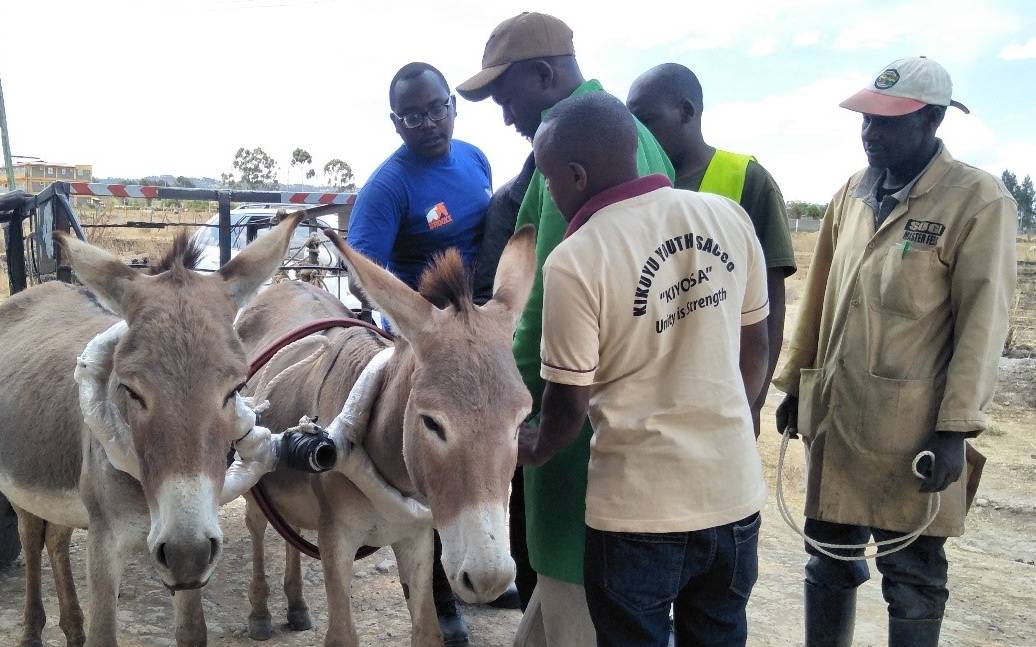×
The Standard e-Paper
Kenya’s Boldest Voice

Donkeys are said to have originated in North East Africa and spread to other parts of the world. Humans have used donkeys for work for thousands of years. In Egypt, there are pictures of donkeys in the tombs of the Pharaoh. There are also many biblical references to donkeys.
The ancient Romans used donkeys for transport and agriculture. In modern society, their use has been associated with underdevelopment and low economic status. But, did you know that donkeys are sustaining many urban and rural households in Kenya?